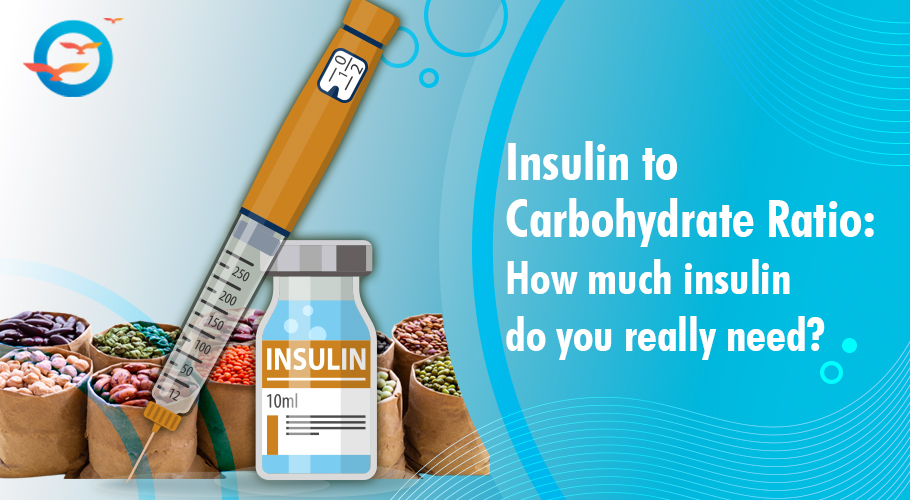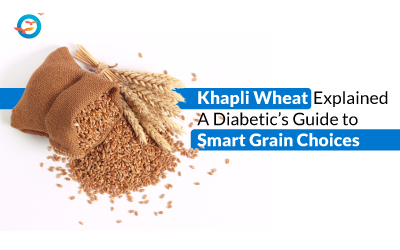Insulin to Carbohydrate Ratio: How much insulin do you really need?

Diabetes is a condition brought on by insulin resistance, i.e. when the body either doesn’t produce sufficient insulin or is unable to use the insulin produced by its pancreas. This means that an external dose of insulin is needed to push the glucose from calories consumed into the body’s cells. But excess insulin will lead to greater fat storage, which, in turn, will worsen insulin insensitivity. Thus it is important to calculate the right dosage of insulin. This article looks at how best to do this.
Insulin-to-carb explained
Insulin to carbohydrate ratio refers to the units of insulin required to cover the grams of carbohydrates consumed. Careful measurement of carbs and an accurate insulin-to-carbohydrate dosage enables a person to take just enough insulin for the carbohydrate that will be consumed. Knowing how to calculate carbohydrates and use the ratio is invaluable for the effective management of blood glucose levels.
Calculating insulin to carbohydrate ratio
The rule of thumb is one unit of insulin for every 15 grams of carbs. But this varies from person to person. Further, one’s own ratio can change over time—and even meal to meal.
For example:
At breakfast, one might need one unit of insulin for every 15 carb grams, but one unit for every ten grams of carbs in the evening.
This is variability is caused by several factors, such as the amount of insulin that is already in the body; how much physical activity, duration and intensity, as well as hormonal fluctuations throughout the day.
Data is the key
Consult your doctor or healthcare provider to determine your individual insulin to carb ratio. For this you will need to keep accurate meal records and blood glucose records. You can do this by keeping a record of the number of grams of carbohydrates consumed in the meal, your blood glucose level before the meal, the pre-meal bolus—dose of insulin taken prior to the meal—and blood glucose level three to four hours post the meal. You will need about two weeks of this data to compute an effective ratio for you.
The data described above will help your doctor/medical provider prescribe the correct insulin dose you need to take prior to your meal to keep your blood sugar in tight check.
Don’t like the idea of taking insulin at all? Despite conventional claims to the contrary, diabetes can be reversed and patients can be freed, not just from insulin but all medications. At Freedom from Diabetes (FFD), we have evolved four fundamental protocols (diet-exercise-inner transformation-medical) that have helped more than 12000 people completely reverse their diabetes and be free of all medicine.

